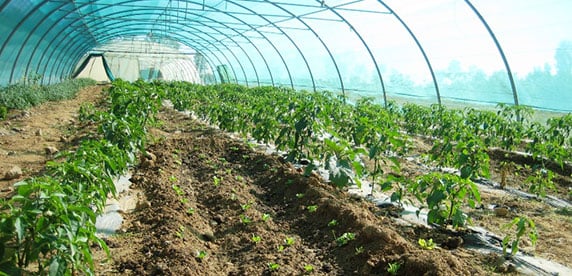Climate change is a critical global challenge as shifting weather patterns are threatening food security. In the last century, average global temperatures rose by almost 1°C, forcing farmers to adjust how, when and where they grow their crops.
A new study published in Nature Sustainability, explores country-specific scenarios of what diets could look like from now until 2050, taking into account socio-economic factors and the impact of climate change.
The study was a collaborative effort from researchers representing University of Illinois, US; University of California Davis, US; the International Food Policy Research Institute, US; the Commonwealth Scientific and Industrial Research Organization, South Australia; Nestlé Research, Switzerland and more.
According to the findings, unless society acts now in making fruits, vegetables, nuts, seeds and pulses more available and affordable, there is a risk of serious micronutrient deficiencies globally. The resulting effects of micronutrient deficiencies include increased rates of stunted growth, weakened immune systems and impaired intellectual development.
Currently, the World Health Organization estimates that more than two billion people suffer from ‘hidden hunger’ or micronutrient deficiencies, with children under five and pregnant women being the most vulnerable. Climate change will further intensify the problem, as many parts of the world will experience shortfalls in producing enough food with the key micronutrients necessary for maintaining health.
Dr Karen Cooper, Nestlé Research scientist and one of the co-authors says, “This study highlights the risk of future micronutrient deficiencies and the adverse effects that climate change would bring, especially in already vulnerable populations. The study points to the need of focusing more research efforts on micronutrient dense foods to raise their productivity and affordability in a climate-uncertain future.”
For more information read:



